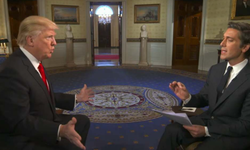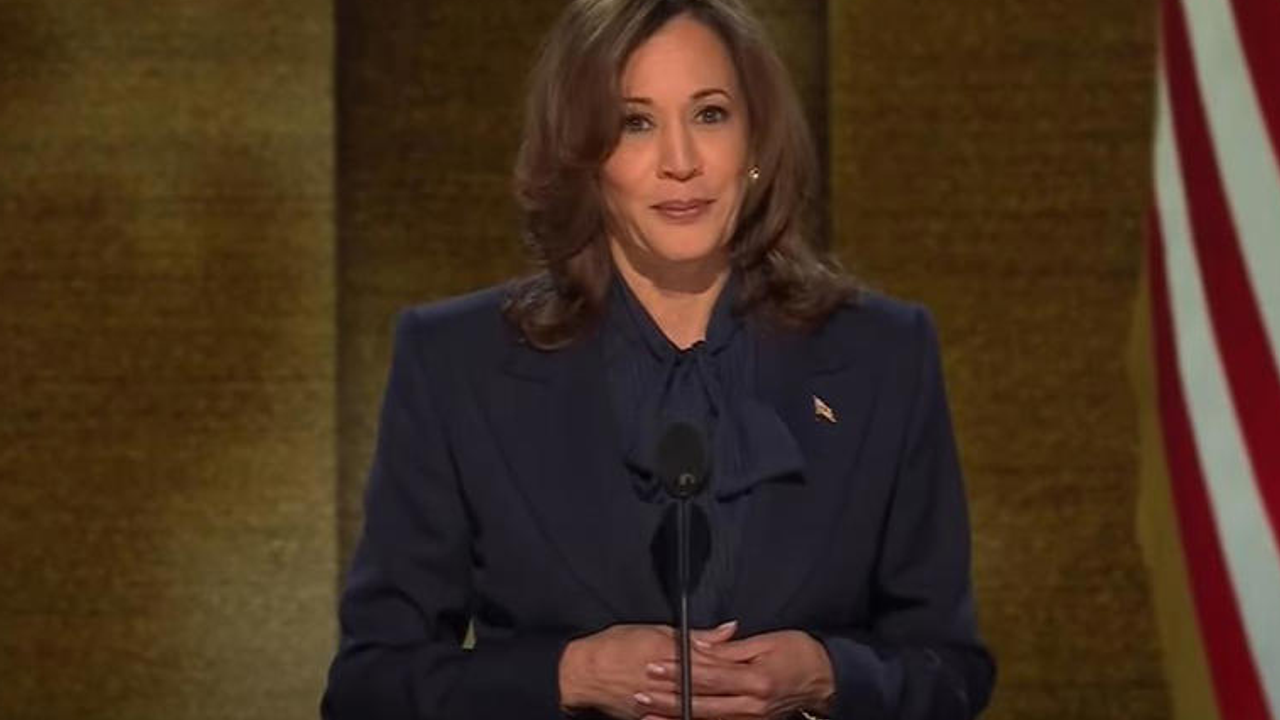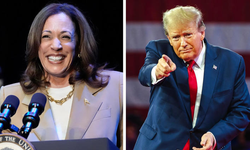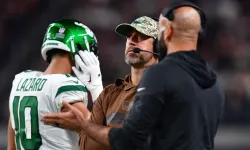The now-infamous video, reportedly filmed at a private event, was shared widely on platforms such as Twitter and Instagram, where it quickly gained the attention of USC students and civil rights advocates. The roast, which intended to be comedic, crossed into territory that many found problematic, with comments that appeared to belittle Harris’s qualifications, dismiss her achievements, and mock her heritage. In response, student groups and the NAACP chapter at USC have rallied, issuing a formal call for the video to be taken down and demanding an apology from those responsible.
A Growing Outcry: Students Lead the Charge
What began as isolated outrage quickly evolved into a collective movement. Led by passionate student activists and campus organizations, the outcry against the roast video reflects a broader frustration with what many see as ongoing disrespect toward women of color in positions of power. USC students, galvanized by the incident, have taken to organizing protests, drafting petitions, and engaging in social media campaigns aimed at holding those responsible accountable.
In a statement released by the NAACP chapter at USC, the organization emphasized the harmful nature of the video. “This isn’t about political differences or partisan debates—this is about basic human respect,” the statement read. “When you disrespect the vice president in such a public and degrading manner, you are disrespecting not only her, but every woman and every person of color who has worked tirelessly to break barriers in this country.”
 Trump Wants ABC Punished for Fact-Checking: Because, Honestly, Facts Have Always Been the Real Enemy
Trump Wants ABC Punished for Fact-Checking: Because, Honestly, Facts Have Always Been the Real Enemy
The Role of Race and Gender
At the heart of the controversy lies the issue of how women of color, particularly Black women, are treated in the public sphere. Kamala Harris, as both the first Black and South Asian woman to serve as vice president, has become a lightning rod for criticisms that often carry racial and gendered undertones. For many of her supporters, the roast video represents a larger pattern of dismissive attitudes toward her leadership.
Harris’s historic election as vice president was hailed as a milestone for racial and gender equality, but it has also exposed the deep-seated biases that persist in American society. The offensive comments in the roast video tap into a broader narrative about how women of color are often held to different standards, and how their qualifications and competence are frequently called into question in ways that their white or male counterparts may not face.
Free Speech vs. Respect: A Tense Debate
Not everyone, however, agrees with the calls to take down the video. Some defenders of the roast argue that political figures like Harris should expect satire and criticism, even in the form of harsh jokes. They see the movement to cancel the video as an infringement on free speech, arguing that political humor—whether it’s tasteful or not—has long been a staple of American democracy.
Free speech advocates have raised concerns that censoring the video could set a dangerous precedent for how political figures are critiqued in the future. “We have to be careful about drawing the line between what’s offensive and what’s simply a joke,” said one commentator. “If we start silencing every critique or joke made about a politician, where does it end? People have a right to express their views, even in ways we might not like.”
The University’s Response
Caught in the middle of the escalating controversy, the University of South Carolina has so far remained relatively neutral, though it is reportedly looking into the matter. In a brief statement, the university emphasized its commitment to fostering an environment of inclusion and respect, while also upholding the values of free speech.
For some students, the university’s response has been insufficient, as they demand more direct action to address what they see as a harmful attack on the vice president’s character. “It’s not enough to just issue a statement. We want real accountability and a commitment to ensuring that our leaders, especially women of color, are treated with the respect they deserve,” said one student leader.
What’s Next?
As the debate over the video continues to swirl, it remains to be seen how the university and the broader public will respond. For many of those leading the charge against the video, the issue is not just about this specific incident, but about changing the culture of how women of color in leadership are perceived and treated.
For the NAACP and student activists, the fight is far from over. They are calling for a formal apology from those involved in creating and circulating the video, and for broader discussions about race, gender, and respect in public life. Whether or not the video is taken down, the controversy has already sparked a national conversation that touches on some of the most pressing issues in modern American politics.











